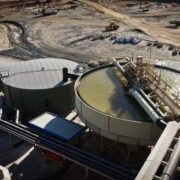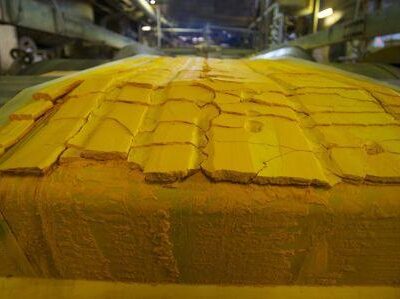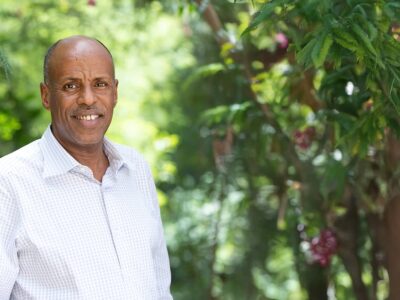
(Ecofin Agency) – Francophone Africa is no longer just another option; it has become, in many ways, a destination in its own right. With regulatory reforms, a surge in venture capital, and growing sector diversification, the region is making its mark. Major investors are establishing a presence, and impact-driven projects are on the rise. However, significant challenges still remain.
Structural reforms, the rise of venture capital, and the growing adoption of disruptive technologies are driving significant changes in Francophone Africa. These developments reflect the region’s evolving economic ambitions, as highlighted in the latest report by the African Private Equity and Venture Capital Association (AVCA).

Between 2012 and the first half of 2024, Francophone Africa attracted $4.8 billion in private capital investments across 356 transactions. While these figures remain modest compared to Anglophone Africa, the pace of growth is notable. A key turning point occurred in 2021, breaking years of slow progress.
From 2012 to 2020, private equity activity was subdued, averaging 23 deals annually with an average transaction size of $10.3 million. However, since 2021, the annual number of deals has doubled, reaching 44 transactions per year.

Senegal, Côte d’Ivoire, and the Democratic Republic of Congo account for 49% of these transactions. Senegal stands out for its early adoption of the “Start-up Act” and its thriving tech ecosystem, which produced Wave, Francophone Africa’s first unicorn. In 2021, Wave raised $200 million, joining the elite group of companies valued at over $1 billion. Côte d’Ivoire also plays a leading role, launching a $100 million public-private equity fund in 2019 to support medium-sized businesses after introducing a pro-business investment code in 2018.
Francophone Africa has seen a remarkable surge in venture capital, which represented just 17% of transactions from 2012 to 2020 but grew to 60% between 2021 and 2024. This increase has outpaced the rest of the continent, where venture capital activity has grown more steadily. Before 2016, venture capital was virtually absent in the region, but it now attracts significant interest from global funds.
Key players in this transformation include Janngo Capital, which has a $78 million fund for technological inclusion; Joliba Capital, managing €89 million to support promising startups; and Ring Africa, with a €50 million impact fund for sustainable tech solutions. These funds target sectors like fintech, edtech, and cleantech, focusing on locally adapted innovations.
Alongside venture capital, private debt has gained traction. Introduced to Francophone Africa in 2018, private debt offers an alternative to equity financing for businesses. From 2022 to mid-2024, this segment recorded 21 transactions totaling $211 million.
Another sign of transformation is the reinvention of infrastructure, particularly with electric mobility in Senegal and Rwanda, and renewable energy reshaping the energy landscape. While solar energy remains a reliable option, wind and hydroelectric power are making their debut, especially in Djibouti and Rwanda. Investment distribution shows a focus on renewable energy (60%), sustainable transport (25%), and green technologies (15%).
Ten years ago, Francophone Africa lagged far behind in startup investments, often dismissed by analysts. However, the gap is narrowing. In 2014, the median deal size in Francophone Africa was $8.2 million less than in Anglophone markets. By 2024, this difference had shrunk to just $0.9 million. From 2021 to 2023, the region recorded 10 transactions exceeding $50 million, compared to just eight between 2012 and 2020.

Gender diversity is also gaining ground. Women-led startups in Francophone Africa accounted for 16% of transaction volume, surpassing the continental average of 14%. In 2020, these startups captured 37% of the total transaction value, driven by deals like Kasha’s $3.6 million funding for improving women’s access to health products. By the first half of 2024, their share of transaction value had increased to 18%.

Despite these advances, challenges persist. Sustainable infrastructure projects face significant obstacles, including market fragmentation, insufficient local funding, and a lack of technical expertise for managing innovative projects. Countries like Côte d’Ivoire and Senegal dominate investment flows, while nations such as Chad and the Central African Republic remain marginalized, highlighting regional disparities that demand urgent attention.










Comments